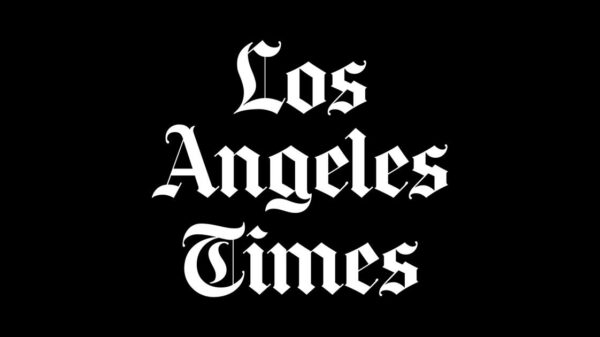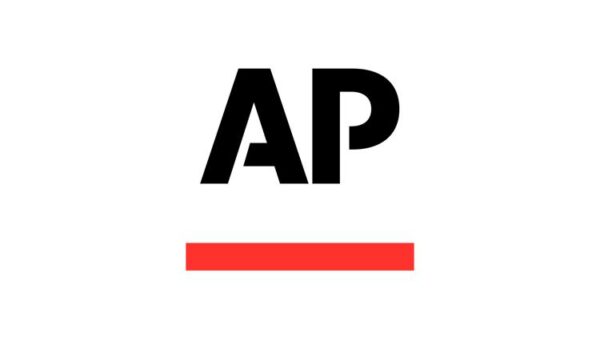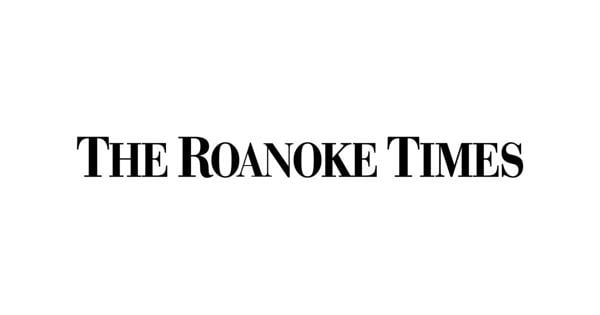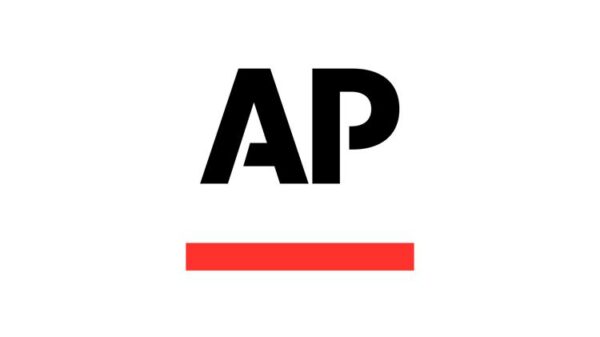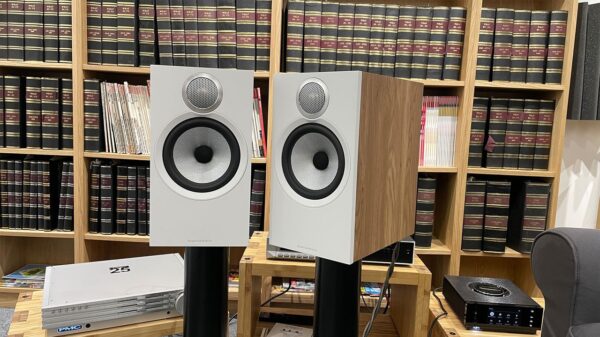According to a recent report, American investors are significantly increasing their financial support for companies developing commercial spyware. This surge in funding is propelling the surveillance industry into a global expansion, raising urgent questions regarding privacy and security risks associated with these technologies.
The report indicates that investment in spyware companies has reached new heights, with substantial funding flowing into firms beyond traditional leaders like Israel, known for its pioneering role in surveillance technology. The growing interest from American capital is not only enhancing the capabilities of these firms but also broadening the market for their products internationally.
As the landscape of surveillance continues to evolve, concerns about the implications of this technology are mounting. Privacy advocates warn that the proliferation of commercial spyware could lead to unprecedented invasions of personal privacy. The tools developed by these companies can be used to monitor individuals without their consent, raising ethical questions about their application in various sectors.
The influx of funds is attributed to a combination of factors. The increasing demand for advanced surveillance solutions in both governmental and private sectors has created a lucrative market. Investors see an opportunity to capitalize on this trend, pushing more capital into the development of sophisticated spyware technologies. This shift is evident as companies innovate their offerings, making it easier for governments and organizations to conduct surveillance operations.
The report highlights that the commercial spyware market is projected to grow substantially over the next few years. Analysts estimate that the global market could reach a value of $12 billion by 2026, driven primarily by advancements in artificial intelligence and machine learning. Such growth opens the door to a wider array of surveillance applications, further complicating the landscape of privacy rights.
The role of American investors in this expansion speaks to a broader trend in the tech industry. The United States has long been a leader in technology and innovation, and its financial backing can provide a significant advantage to budding spyware companies. This dynamic raises questions about regulatory oversight and the potential for abuse, especially as these tools become more sophisticated and accessible.
As the industry grows, regulatory frameworks may struggle to keep pace with technological advancements. The challenge for policymakers will be to strike a balance between fostering innovation and protecting individual rights. Advocates for privacy reform argue that without appropriate regulations, the unchecked proliferation of spyware could lead to widespread surveillance and erosion of civil liberties.
The implications of this investment trend extend beyond just technological advancements. With powerful surveillance tools in the hands of more entities, there is a potential shift in how privacy rights are viewed and enforced. The increasing availability of such technologies could embolden both state and non-state actors to engage in surveillance practices that were previously restricted or considered unethical.
In conclusion, the rise of American investment in commercial spyware companies marks a significant shift in the global surveillance landscape. As financial backing fuels innovation and expansion, the associated risks to privacy and security become increasingly pertinent. Stakeholders across industries must navigate these complexities to ensure that advancements in technology do not come at the cost of individual freedoms.




